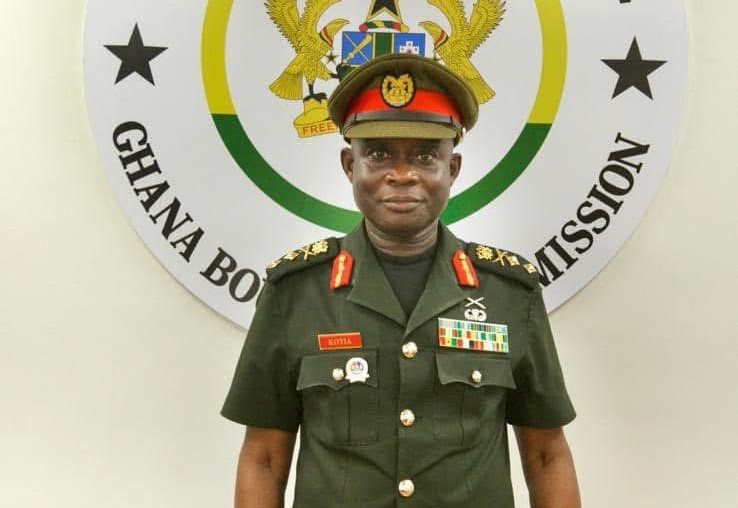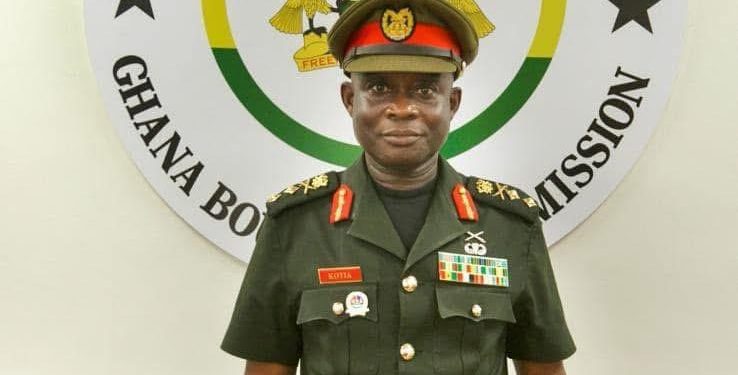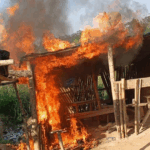
The principle of democratic civil–military relations rests upon the foundational principle that the Armed Forces, while vital to national security, must remain under firm civilian control.
Among the key institutions responsible for exercising such control, the legislature plays a crucial role in ensuring that the military operates within constitutional boundaries, adheres to democratic norms, and remains accountable to the citizenry it is sworn to protect.
Legislative oversight of the armed forces is a cornerstone of democratic governance and a critical mechanism for ensuring accountability, transparency, and civilian control over the military. Around the world, legislatures are constitutionally and legally mandated to scrutinise defence budgets, authorise military deployments, and monitor security sector policies.
In mature democracies, such as those in Western Europe and North America, institutionalised legislative committees and robust legal frameworks have enabled relatively strong oversight.
Conversely, in many developing and transitional states, oversight remains constrained by executive dominance, weak institutions, lack of technical expertise, and restricted access to information.
This paper explores the role of legislative oversight in promoting accountability, transparency, and democratic control over the armed forces from a global perspective. It focuses on five key legislative functions: the enactment of laws governing the armed forces, the role and effectiveness of legislature defence committees, procurement of military equipment, the vetting and approval of military commanders, and legislative authorization for declarations of a state of emergency.
These functions are examined as central mechanisms through which legislatures influence national security policy and uphold civilian supremacy over the military. Drawing on comparative insights from diverse political systems, the paper highlights best practices and common institutional frameworks, while also identifying persistent challenges such as executive dominance, limited legislative expertise, politicization of oversight processes, and restricted access to sensitive military information.
The paper argues that strengthening legislative oversight is essential for maintaining constitutional checks and balances, preventing abuse of military power, and reinforcing democratic norms in both established and emerging democracies.
DISCLAIMER: The Views, Comments, Opinions, Contributions and Statements made by Readers and Contributors on this platform do not necessarily represent the views or policy of Multimedia Group Limited.
DISCLAIMER: The Views, Comments, Opinions, Contributions and Statements made by Readers and Contributors on this platform do not necessarily represent the views or policy of Multimedia Group Limited.
- President Commissions 36.5 Million Dollars Hospital In The Tain District
- You Will Not Go Free For Killing An Hard Working MP – Akufo-Addo To MP’s Killer
- I Will Lead You To Victory – Ato Forson Assures NDC Supporters
Visit Our Social Media for More




